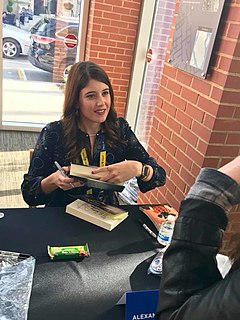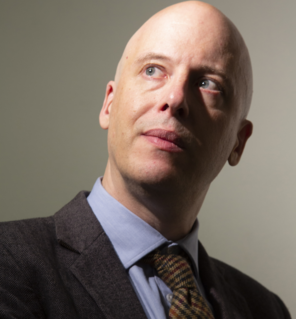A Quote by Fyodor Dostoevsky
You are told a lot about your education, but some beautiful, sacred memory, preserved since childhood, is perhaps the best education of all. If a man carries many such memories into life with him, he is saved for the rest of his days. And even if only one good memory is left in our hearts, it may also be the instrument of our salvation one day.
Related Quotes
If there is any realm where distinction is especially difficult, it is the realm of childhood memories, the realm of beloved images harbored in memory since childhood. These memories which live by the image and in virtue of the image become, at certain times of our lives and particularly during the quiet age, the origin and matter of a complex reverie: the memory dreams, and reverie remembers.
Education is a matter of the spirit. No wiser word has been said on the subject, and yet we persist in applying education from without. No one knoweth the things of the man except the spirit of man which is in him; therefore, there is no education but self-education, and as soon as a young child begins his education, he does so as a student. Our business is to give him mind stuff. Both quantity and quality are essential.
There are some delightful places in this world which have a sensual charm for the eyes. One loves them with a physical love. We people who are attracted by the countryside cherish fond memories of certain springs, certain woods, certain ponds, certain hills, which have become familiar sights and can touch our hearts like happy events. Sometimes indeed the memory goes back towards a forest glade, or a spot on a river bank or an orchard in blossom, glimpsed only once on a happy day, but preserved in our heart.
The fact is that in England so many of our politicians are career politicians - they've always been politicians since they left their education. And in the old days of course politicians used to be fish mongers or doctors or whatever. They'd lived life. These days, power seems to go to the hands of people that that's all they've done. And I'm not sure that's a good thing, because it does remove them from the realities of life.
I'm really curious about the memory of Nixon for people who grew up under Clinton. What do people remember of him? In his day, the definition of a conservative right-wing president is more like a centrist in our own time. He's also one of our funnier presidents - just a really good character to write about.
We don’t constrain our mental powers when we store new long-term memories. We strengthen them. With each expansion of our memory comes an enlargement of our intelligence. The Web provides a convenient and compelling supplement to personal memory - but when we start using the Web as a substitute for personal memory, by bypassing the inner processes of consolidation, we risk emptying our minds of their riches.
As we get older it is our short term memory that fades rather than our long term memory. Perhaps we have evolved like this so that we are able to tell the younger generation about the stories and experiences that have formed us which may be important to subsequent generations if they are to thrive.I worry though, about what might happen to our minds if most of the stories we hear are about greed, war, and atrocity
Music is the one art we all have inside. We may not be able to play an instrument, but we can sing along or clap or tap our feet. Have you ever seen a baby bouncing up and down in the crib in time to some music? When you think of it, some of that baby's first messages from his or her parents may have been lullabies, or at least the music of their speaking voices. All of us have had the experience of hearing a tune from childhood and having that melody evoke a memory or a feeling. The music we hear early on tends to stay with us all our lives.






































